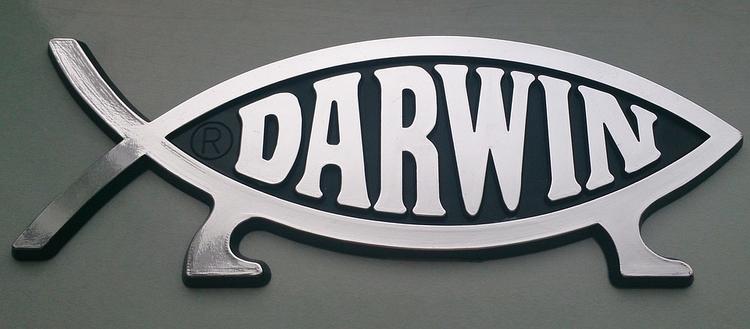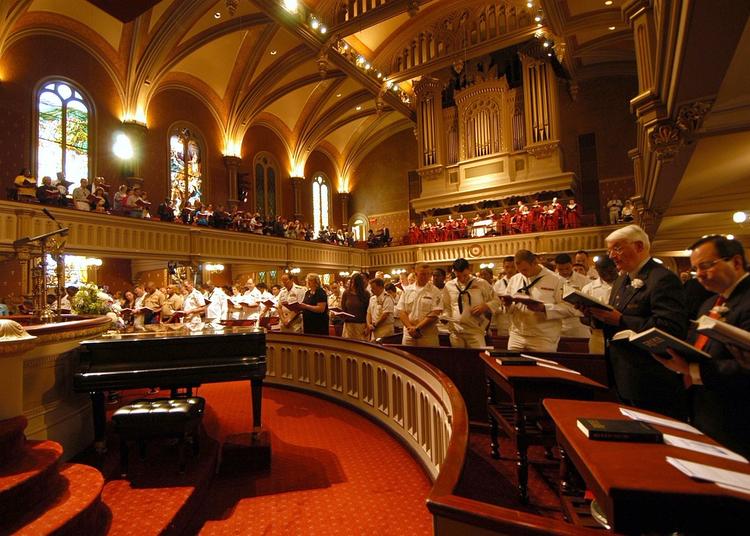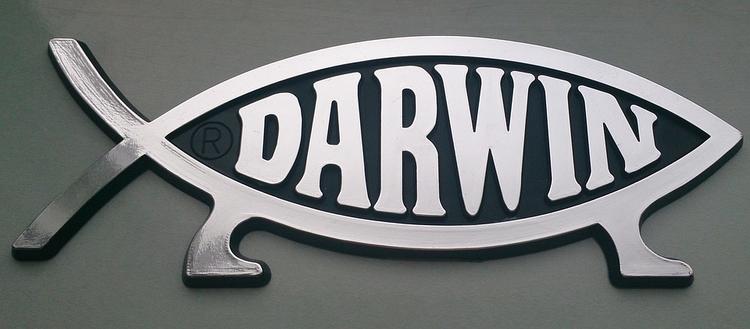By Phil Zuckerman, Pitzer College | –
(The Conversation) – About six months ago, Americans’ belief in God hit an all-time low.
According to a 2022 Gallup survey, the percentage of people who believe in God has dropped from 98% in the 1950s to 81% today; among Americans under 30, it is down to an unprecedented 68%.
Up close, the trend looks even more dramatic. Only about half of Americans believe in “God as described in the Bible,” while about a quarter believe in a “higher power or spiritual force,” according to a Pew poll. Just one-third of Generation Z say they believe in God without a doubt.
Congregational membership, too, is at an all-time low. In 2021 Gallup found that, for the first time ever, fewer than half of Americans – 47% – were members of a church, synagogue or mosque.

Via Pixabay.
Yet another crucial measure of institutional religion in the U.S., the percentage of people identifying as religious, is also at a low: About 1 in 5 adults now say they have no religious affiliation, up from 1 in 50 in 1960.
In short, when it comes to three key realms of religious life – belief, behavior and belonging – all are lower than they have ever been in American history.
What’s going on? In my view, it’s clear: secularization.
However, despite these seemingly unambiguous numbers, debate about whether secularization really is happening has persisted. Indeed, for several decades now, many academics have continued to doubt its trajectory, especially in the United States.
‘The sacred shall disappear’
Secularization is the process whereby religiosity weakens or fades in society. Peter Berger, a sociologist of religion, defined it as the process that removes institutionalized religion’s domination over a culture, and a situation where more and more people make sense of their lives without traditional religious interpretations.

NYC Church. File. Via Pixabay.
As Berger noted, one key aspect of secularization is societal: Organized religion loses its overarching public power. Welfare of the poor and sick, for example, is no longer overseen by religious orders, but is largely the responsibility of state bureaucracies.
But secularization is also about families and individuals: Fewer people believe in supernatural claims, attend worship services or follow religious teachings. For instance, more and more Americans are choosing to get married in secular settings, and record low numbers are wanting to have religious funerals.
Secularization in industrializing societies had been anticipated by many European thinkers in the 19th century, including the likes of Emile Durkheim and Max Weber, two of the founders of sociology. Weber spoke of the “disenchantment” of the world: the idea that increasing scientific knowledge would replace supernatural explanations.
For decades afterward, social scientists who study religion took secularization in industrialized societies more or less for granted. Some assumed that religion’s disappearance from many societies was all but certain – such as C. Wright Mills, who proclaimed in 1959 that “the sacred shall disappear altogether except, possibly, in the private realm.”
Not so fast
Not everyone was so sure. In the decades after Mills’ dire prognostication, many sociologists began to voice skepticism about secularization’s inevitability. As they observed developments like the rise of Pentecostalism throughout much of Latin America and the momentum of the religious right in the U.S., debate took off about the extent of secularization, and even whether it was happening at all.
Other critics pointed out that sociologists of secularization tended to focus on wealthy, Western countries with Christian heritages, and that their theories did not always translate well to other settings. Even a question like “Are you religious?” can mean something different, especially in non-monotheistic religions or religions where “belief” is not as central as it is in Christianity.
The most notable critic of secularization was sociologist Rodney Stark, who, in the 1980s, insisted that secularization theory was a sham. Stark was so sure that religion was as strong as ever that he wrote the very idea of secularization ought to be carried off to “the graveyard of failed theories.”
Secularization cannot occur, Stark argued, because religion addresses certain human needs and fears that are fundamental, universal and unchanging. He viewed religions in diverse societies like companies in an economy: If a religion appears anemic, it is only because its “firms” aren’t marketing themselves well enough. Once they improve their outreach, messaging and branding – or if other, more innovative religious entrepreneurs step up – religious life continues as usual, or even increases.
As recently as 2015, Stark wrote that religion in the U.S. has actually strengthened, arguing that Americans simply aren’t responding to pollsters much anymore, and therefore results were unreliable. He also noted that only a small slice of people identify as atheists: fewer than 5% in most nations.
Latest data
In our 2023 book, “Beyond Doubt,” however, religion and secularism scholars Isabella Kasselstrand, Ryan Cragun and I argue that religious faith, participation and identification are unambiguously weaker than they have ever been.
This is not only true in the U.S, but many parts of the world, as seen in surveys of people in countries such as Scotland, South Korea, Chile and Canada.
Our book lays out data on declines in religion in areas that have traditionally been home to many different faiths. In 2013, for example, 10% of Libyans and 13% of Tunisians said that they had no religion. By 2019, those numbers had more than doubled. Declines in belief in God are apparent in countries from Denmark and Singapore to Malaysia and Turkey.
But why? In our analysis, the transition from a traditional, rural, nonindustrial society to an urban, industrial or post-industrial society is a key part of the answer – along the lines of the first sociologists’ predictions. As these changes take place, religion is more likely to become unyoked from other aspects of society, such as education and government. Additionally, there is an increase in the amount of religious diversity in a given society, and there tend to be changes in the family, with parents granting their children more freedom regarding religious choices.
In nearly every society that we examined that has experienced these concomitant phenomena, secularization has occurred – often in spades. Of course, compared to most other wealthy countries, the U.S. is quite religious. Fifty-five percent of Americans, for example, say they pray daily, compared to an average of 22% of Europeans.
Still, we argue that the latest numbers regarding religious belief, behavior and belonging in the U.S. paint a clear portrait of secularization. Beyond the more universal factors, other developments that have been detrimental to religion include a strong reaction against the political power of the religious right, and anger at the Catholic Church’s child sex abuse scandal.
The consequences of religion’s weakening are unclear. But while its meaning for America remains an open question, whether secularization is happening is not.![]()
Phil Zuckerman, Professor of Sociology and Secular Studies, Pitzer College
This article is republished from The Conversation under a Creative Commons license. Read the original article.



 © 2026 All Rights Reserved
© 2026 All Rights Reserved